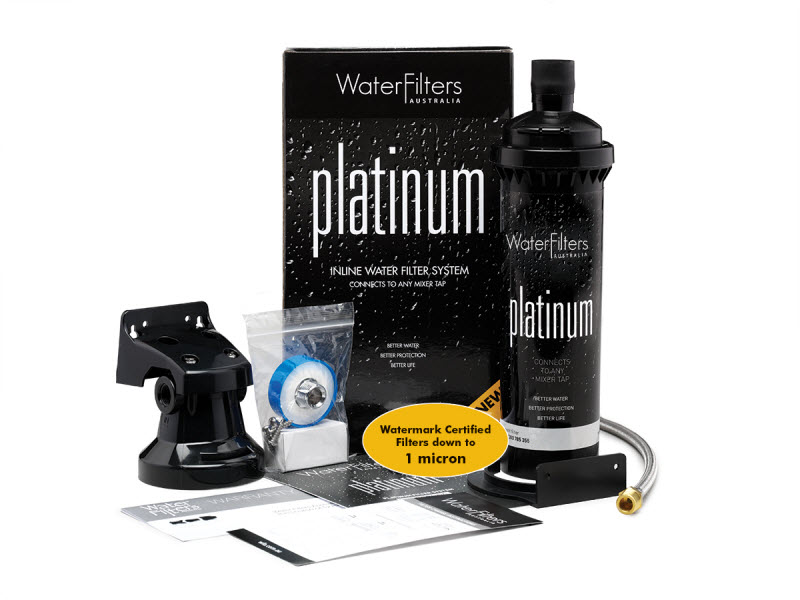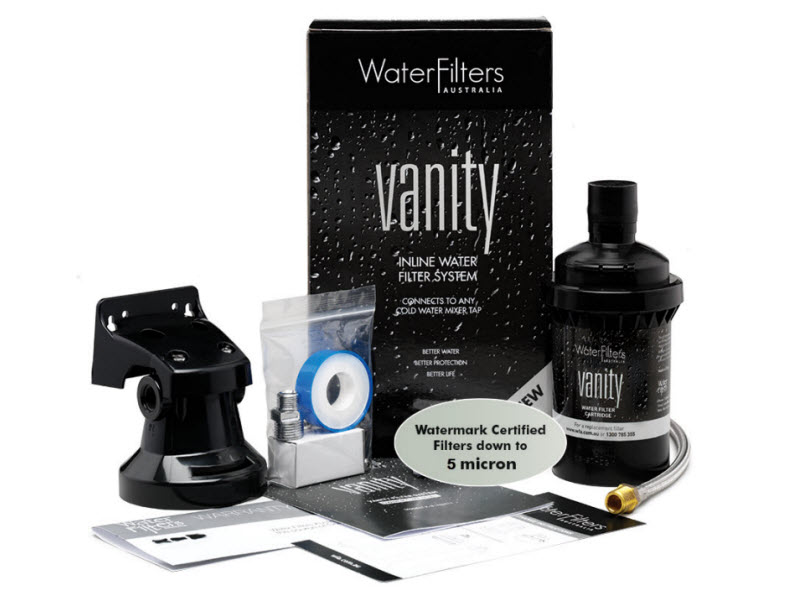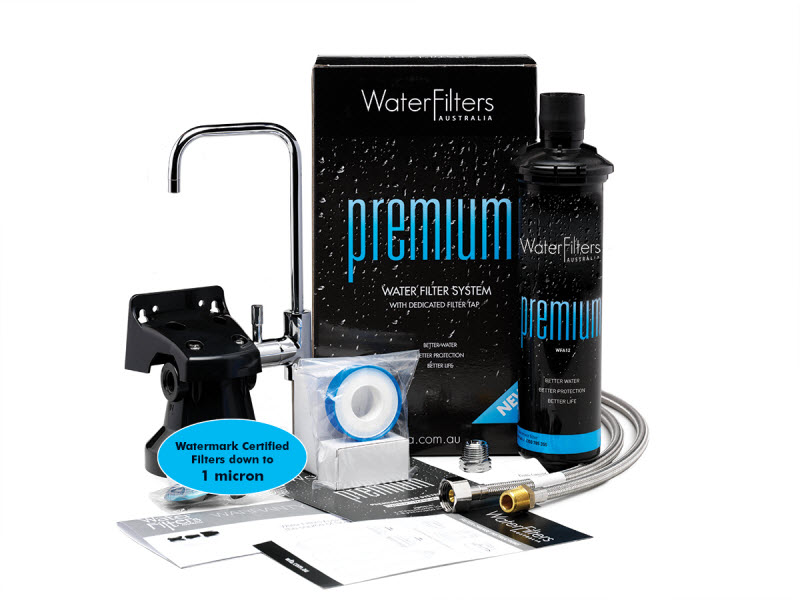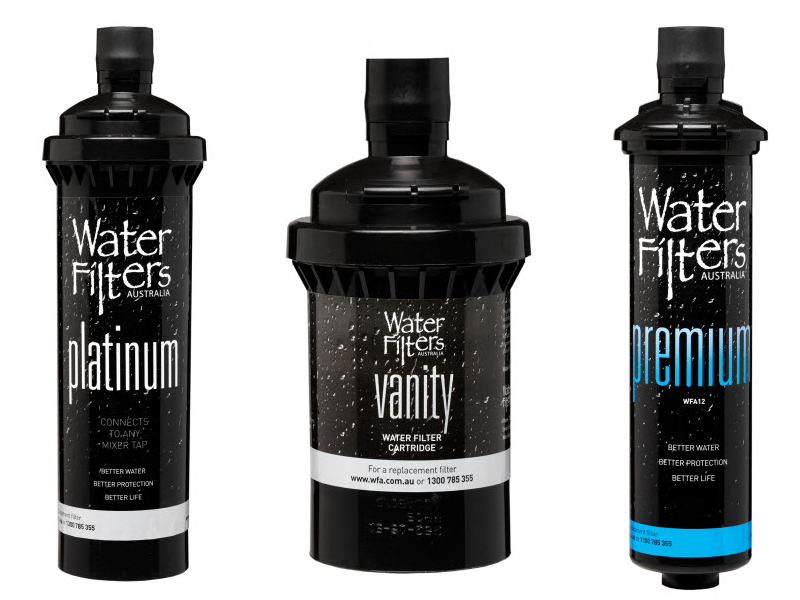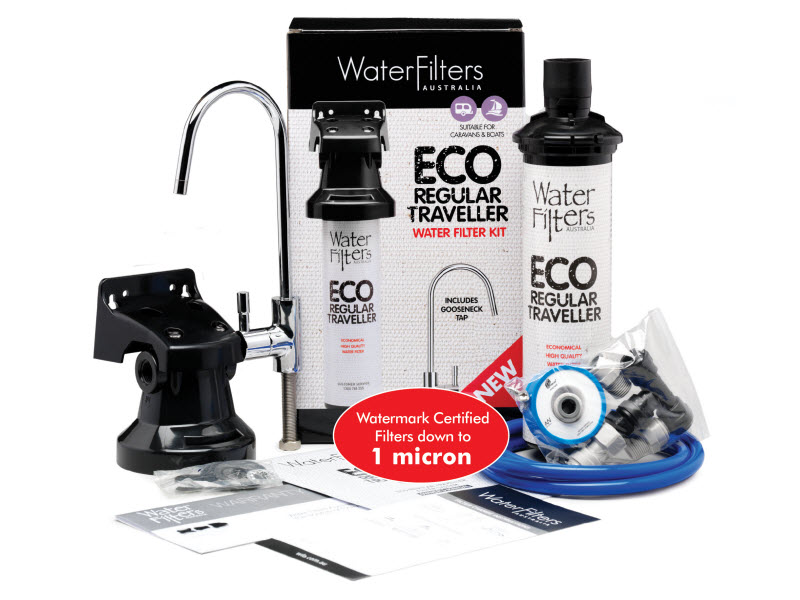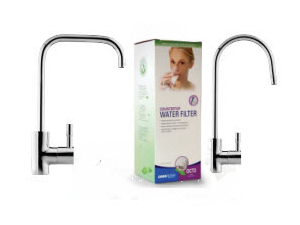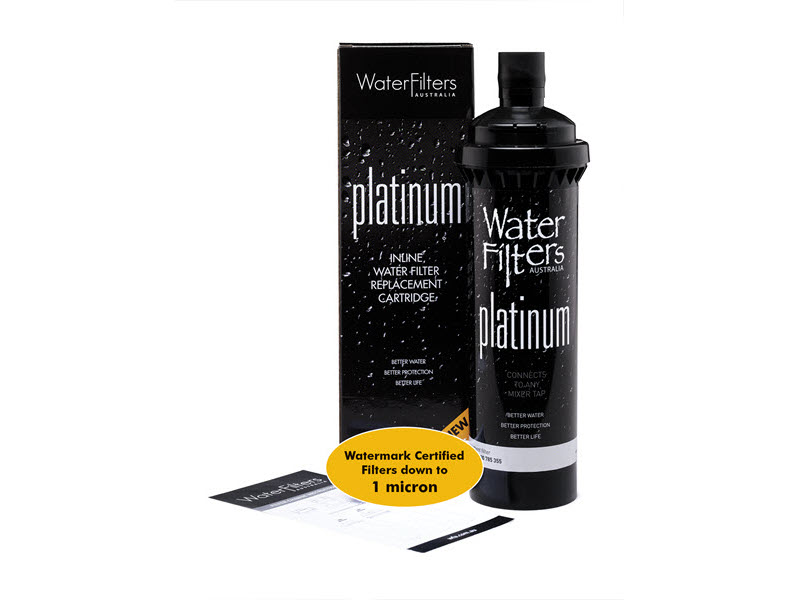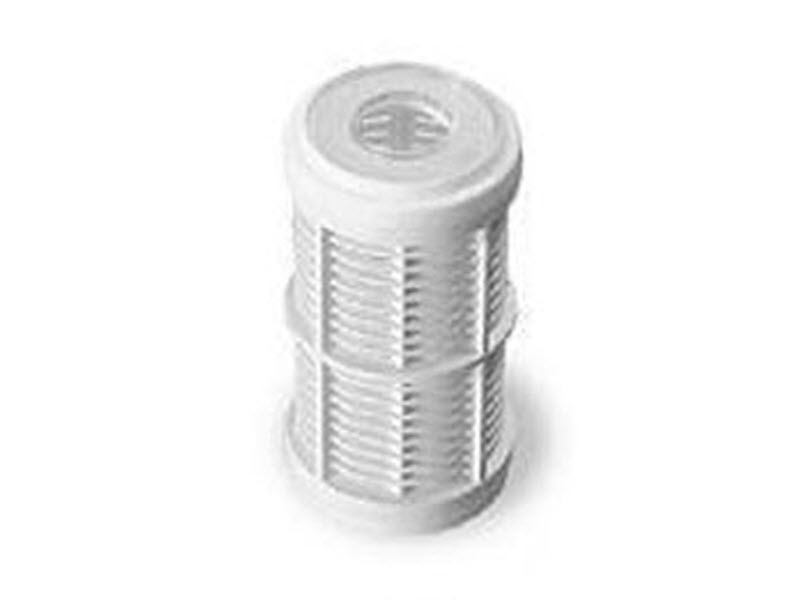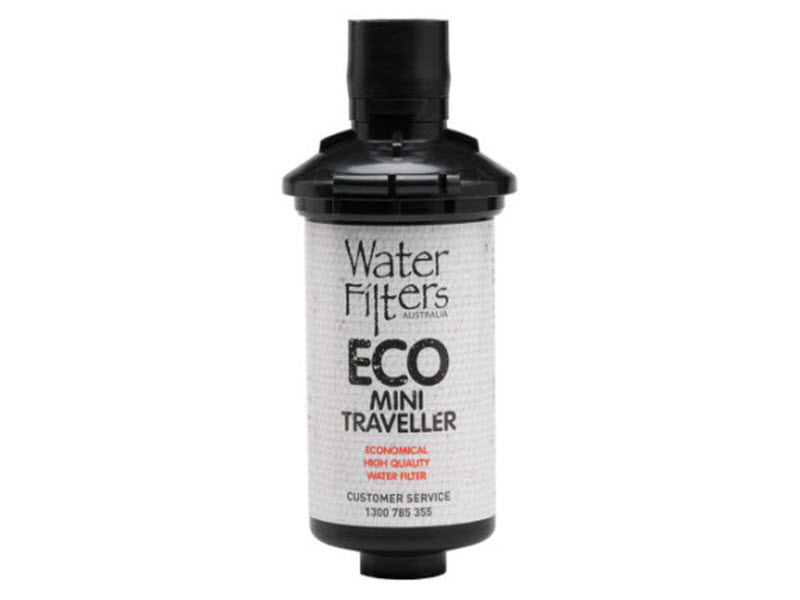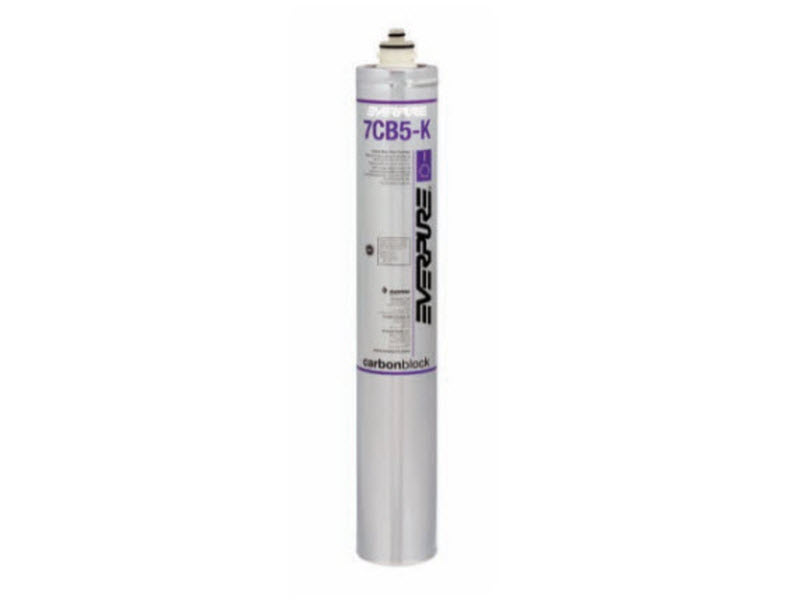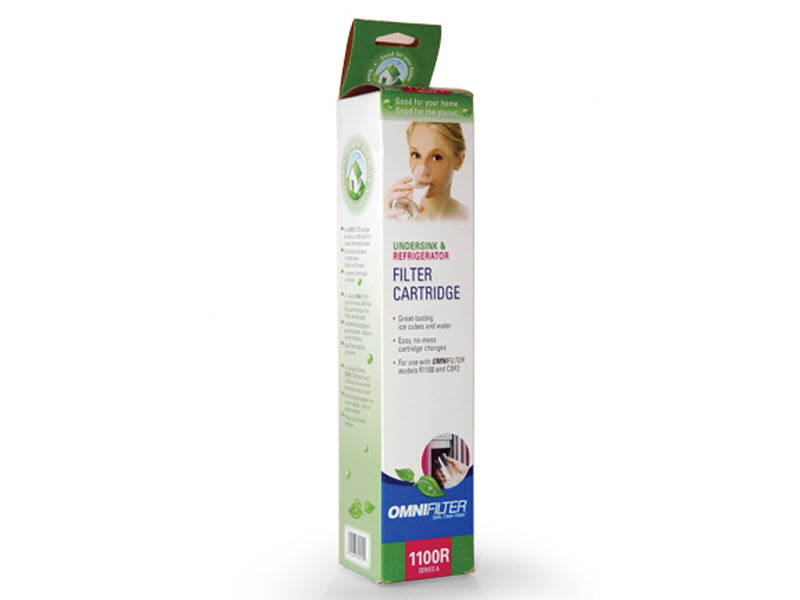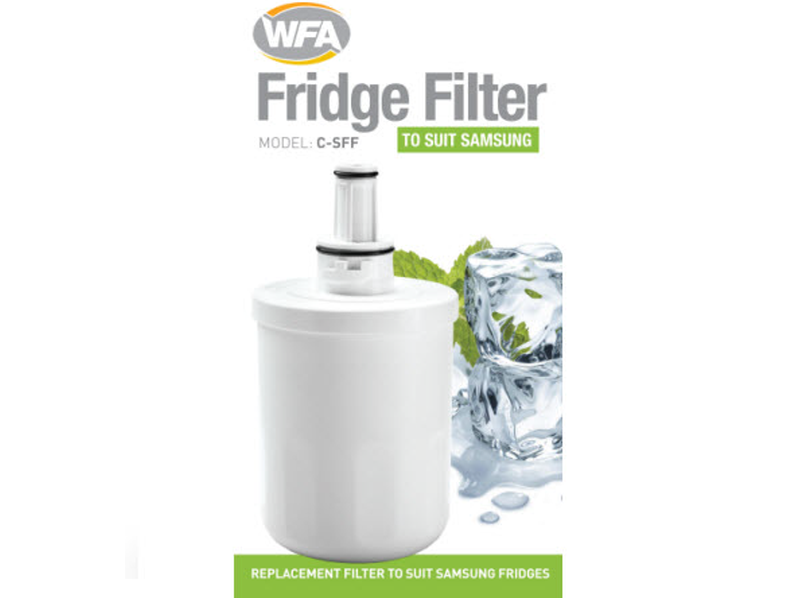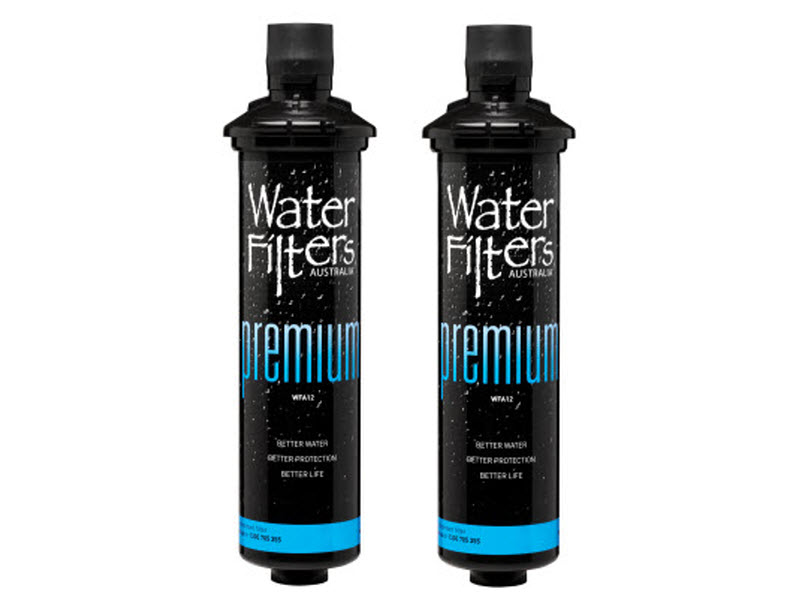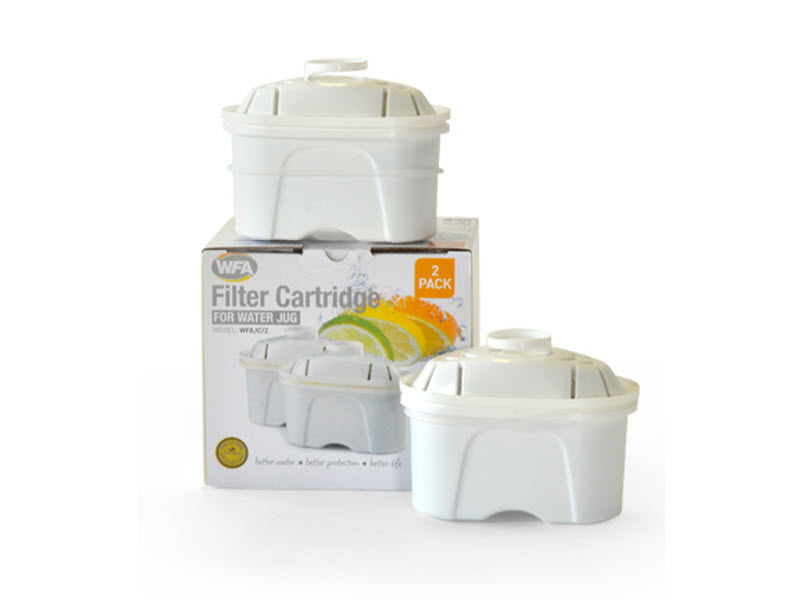Why filtered water makes the best coffee
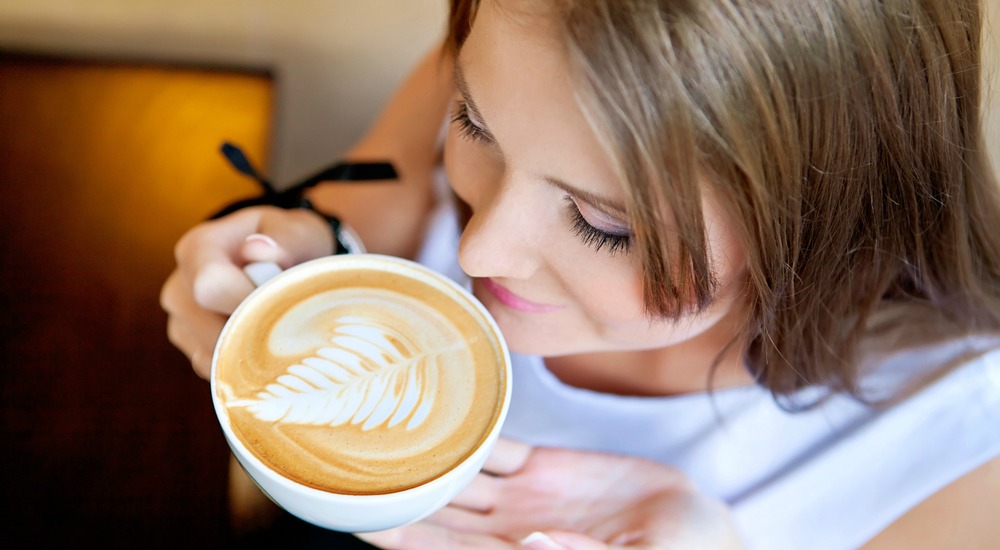
In recent years many of us have developed a bit of an addiction to a small bean and the many variations it takes to create the perfect tasting cup of coffee. Given that there are now world barista championships, it proves that making a good cup of coffee is now both a science and an art!
Long Black, Short Black, Double Espresso? From your favourite coffee shop or home Nespresso machine? Whatever way you get your morning caffeine hit, one thing that’s often overlooked is the water quality used to make it…and of course your coffee will taste better with filtered water!
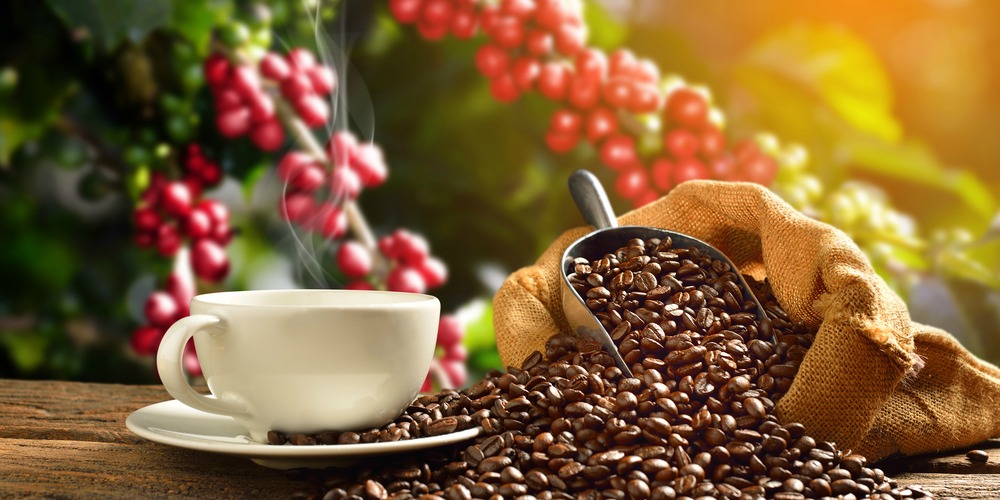
If you are an Espresso kind of person… that’s 98% water and the coffee is only a small percentage of your drink. So, it doesn’t matter if you are using the finest Arabica beans (the more expensive coffee bean) and using a world champion barista the taste will always be affected by the water used.
Why?
Well, water is the main carrier of the coffee favours. The coffee bean is the seed of the coffee plant and if you start to look at making a cup of coffee as a chemistry experiment like Five Senses Coffee, they say,
“Water isn’t just an ‘ingredient’ that you add to roasted coffee seeds — water is the solvent which extracts the flavour compounds from the seed. It has a very active role. To dissolve flavour compounds in water, the water has to form chemical bonds with solids in the seed and carry them away.”
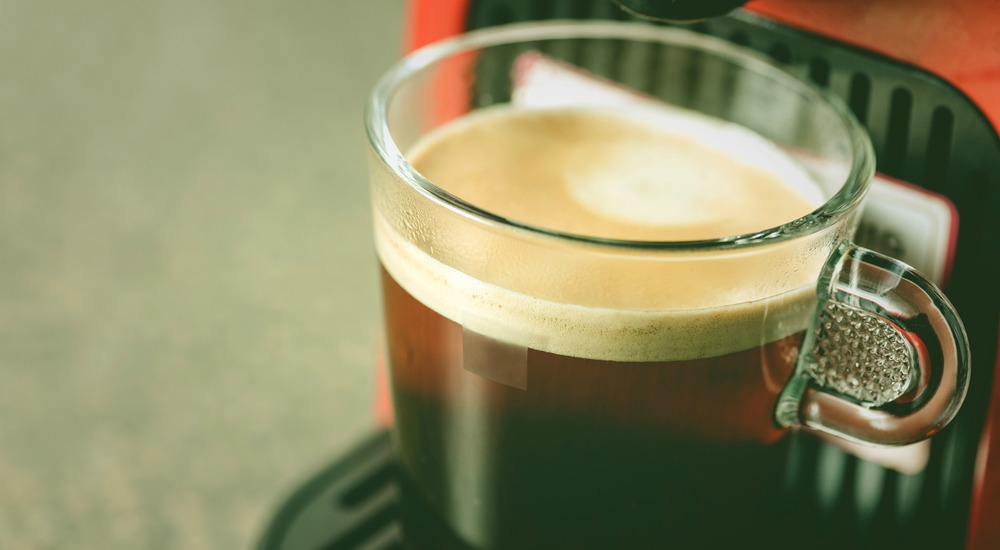
Tap Water vs Filtered Water
So what’s wrong with filling your coffee machine with tap water?
Firstly, regular tap water has been treated with chlorine so it usually tastes of chlorine and can smell a bit like a swimming pool change room….this in turn affects the taste of the coffee.
Then, there is the fact that tap water also can contain small particles of dust, rust and sediment. This not only affects the taste of the coffee but can clog up your coffee machine.
Also, tap water will include an amount of dissolved minerals and salts. Of course, the levels will depend on where you live. These minerals and salts are important for health and wellbeing and coffee needs a certain amount of minerals to maintain the flavour. But if too much calcium is in your tap water you could be faced with limescale buildup in your coffee machine which in turn could cause it to malfunction or break.
Choose Filtered Water
So the best solution is to use filtered water. And an easy and affordable way to filter tap water is to install a WFA Platinum inline water filter under your kitchen bench which attaches to your existing kitchen tap. Installation is a simple DIY job, no need for a plumber.
The other great thing about the WFA Platinum water filter is that it is fast flowing. So it’s easy to fill up your coffee machine.
The WFA inline water filter will remove chlorine, small particles and it will help prevent limescale build up. This in turn helps to protect your coffee machine. However, the water filter does leave enough minerals in the water for flavour enhancement – an important part of the coffee making process.
Different Ways to Brew Coffee
Just like making the perfect cup of tea, there are a few steps to making a great tasting cup of coffee. We’ve put together the main steps according to the National Association of Coffee USA and it comes down to 5 things…
The Equipment – This includes the quality of the grinders, coffee makers and filters.
The Coffee Beans – This includes the origin of the beans (the country and region). The variety of the bean (Arabica, Robusta or a blend) And the roast type and blend.
The Grind – Some of these methods include: Filter, French Press, Ultimately the size of the grind affects the taste of the coffee. More here
The Freshness of the Grind – It’s very important to grind the coffee beans as close to the brewing time as possible.
The Water – This is the bit that we are particularly interested in…the US National Coffee Association advises to use filtered or bottled water. Of course bottled water is expensive and all those empty plastic bottles are bad for the environment. So there’s another reason for choosing a WFA inline water filter!
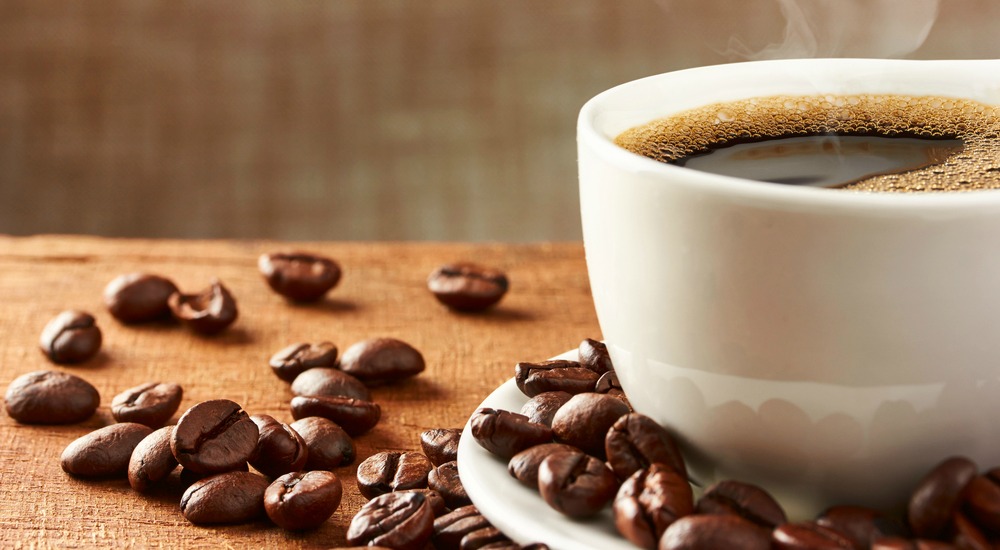
The Best Water to Coffee Ratio for the Perfect Cup of Coffee
When it comes to the coffee to water ratio, there is a term commonly known as the ‘Golden Ratio’. This is 1-2 tablespoons of ground coffee to 6 ounces (175 ml) of water. Obviously it will depend on personal taste as well.
Water Temperature
Water temperature is important too. Just like tea, don’t over boil the water or it will spoil the taste of your coffee. According to the US National Coffee Association…
“Your brewer should maintain a water temperature between 195 to 205 degrees Fahrenheit for optimal extraction. Colder water will result in flat, under-extracted coffee, while water that is too hot will also cause a loss of quality in the taste of the coffee.
If you are brewing the coffee manually, let the water come to a full boil, but do not over boil. Turn off the heat source and allow the water to rest a minute before pouring it over the grounds.
Always allow your coffee – or any hot beverage – to reach a comfortable temperature before enjoying (specifically below 140 degrees Fahrenheit).”
Brewing Times
The amount of time that the water is in contact with the coffee will depend on the type of brewing chosen. For example, a drip system would be 5 minutes but a French Press would be 2-4 minutes. In contrast to make the perfect Espresso, the coffee bean is only in contact with the water for 10-20 seconds!
If you invest in a quality water filter system you can be assured that you have the right water to start with. This will not only give you great tasting coffee but will help protect the life of your coffee machine as well!
Check out more of our favourite filtered water recipes



